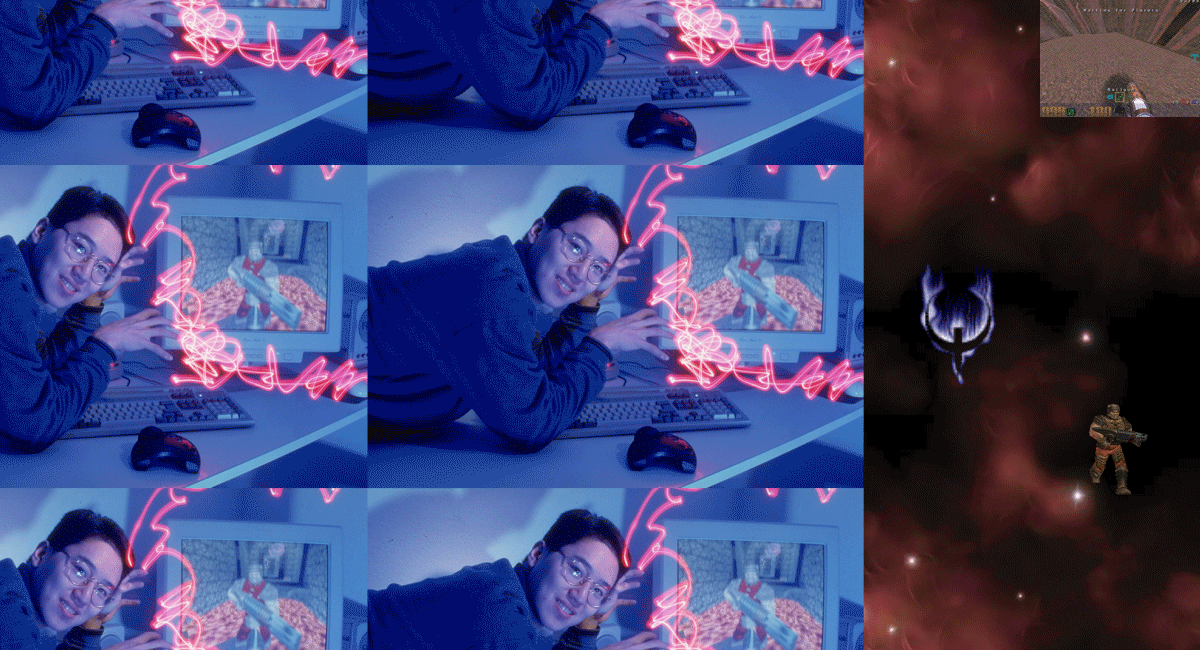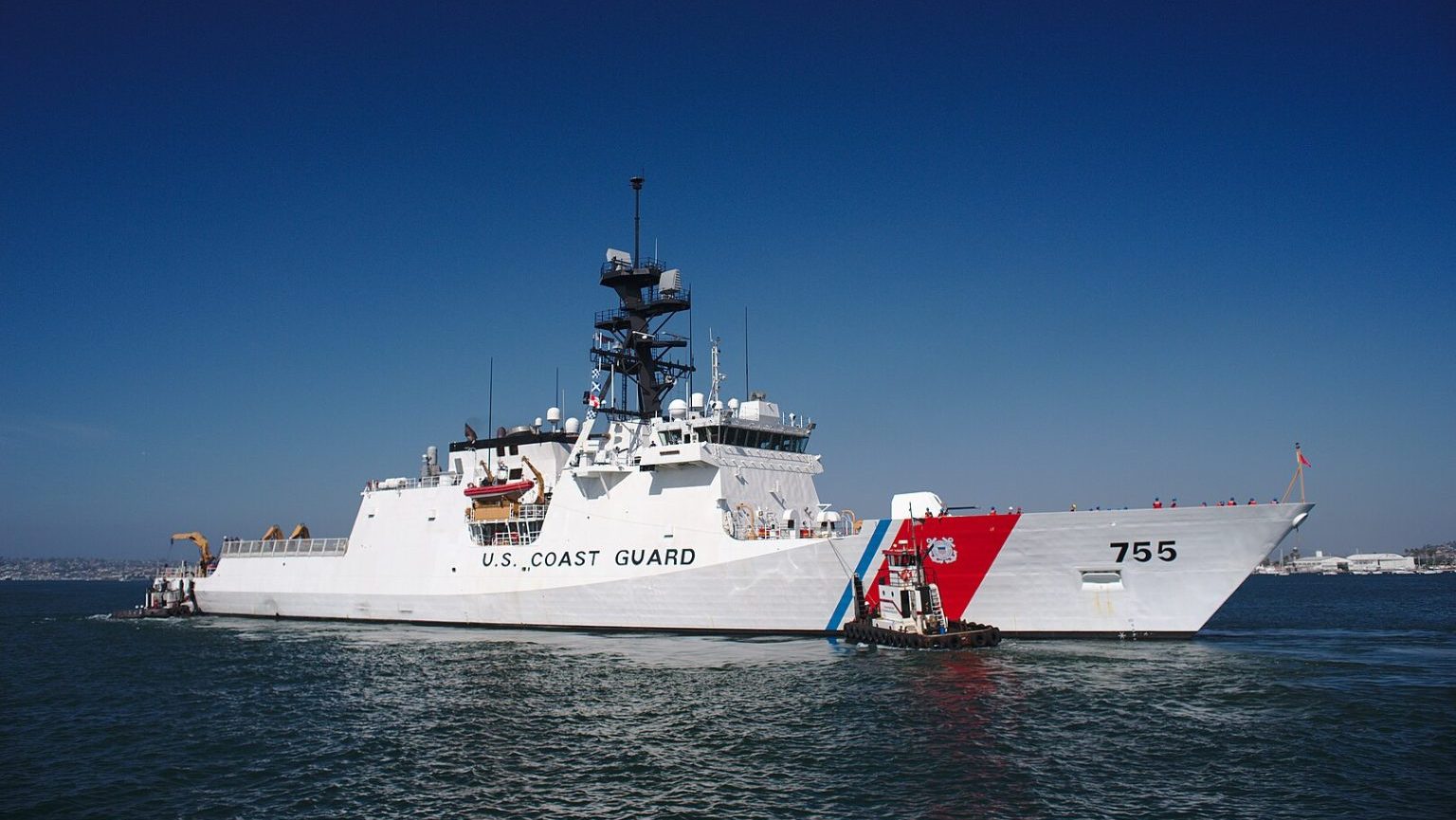Learning guru John Seely Brown is not being even slightly ironic when he says that he’d hire an expert player of World of Warcraft (the massive multiplayer online fantasy videogame) over an MBA from Harvard.
JohnSeelyBrown: I would rather hire a high-level World of Warcraft player than an NBA from Harvard. Why is a game, a massive multiplayer game that has maybe 12 million people or more playing it like the World of Warcraft, so important at both the individual level and maybe at the corporate level?
To understand these massive multiplayer games like World of Warcraft, do not think about it as just game play but look at the social life on the edge of the game. A typical night, there will be approximately 15,000 new strategic ideas created around the world. If you want to compete that night or the next day, somehow you have to appropriate in your own play what 15,000 new ideas mean to you in order to go into this high-end raid. Most of these high-end performance groups in World of Warcraft create guilds; you have to have a guild to do anything because it’s a fundamentally collaborative game. These guilds will be sometimes 100, 200 people. Guess what? They don’t have a bonus structure to guide them to incent them. Only passion, only interest works. And what you have to have is find a way to turn this guild structure of several hundred people into knowledge refinering groups. And so basically, self-organizing to some extent, things start to happen, particularly groups go off and say, “I’m going to study this." "I’m going to study this." "I’m going to try this idea out and by tonight I will have consolidated . . . this class of ideas about how this particular new magic potion might actually work to re-heal you faster.” Blah, blah, blah. . . .
And so what we’ve done is we’ve turned this entire kind of social organization into an ideation structure and an idea-refinement structure, all as more or less self-organizing groups. I mean, show me anything that happens in the corporate world that has 15,000 new strategic ideas. Possibly biotech does, but no world I know about in the corporate world. We think about ten new ideas already overloading us. You know, 10,000 is unthinkable.
When we look in to the social structures and the knowledge capability, refining and generation capabilities of these guild structures, there is something going on here. These are not just self-organizing groups. Basically every high-end guild has a constitution. The leaders of these guilds also have to do dispute adjudication all the time. They also have to be willing to say, “Let’s measure ourselves.” These guilds are truly meritocracy-based. And so even if you are the leader of this particular high-end raid, at the end you do an after-action review, and the after-action review each person is open to total criticism by everybody else. You can replay the whole thing because basically its all computer-meditated so it can be captured.
But equally interesting to me is you can’t play in these complex worlds without building dashboards. And these are dashboards that are measuring you, are measuring your state of being. They also measure all the things happening around you. Now, let’s step back a moment. Every corporate situation I’ve ever been in has dashboards. These dashboards are measurements that are superimposed on you by your manager. So we live in a world of measurement and basically it's famously said, "If it’s not measured, it won’t get done." You’ve probably heard that before by many people you discuss. And isn’t it interesting that all those measurements are decided by your boss, applied to you? In World of Warcraft you invent a dashboard for yourself. So this whole idea of thinking about how do I build measurements to facilitate my own performance for me and me alone becomes very interesting. And in fact, in the World of Warcraft, there’s a simple mantra I encounter all the time: if I ain’t learning, it ain’t fun.
Now let’s think about re-designing the workscape for the 21st century. What would it mean to have each of us in a workscape define our own dashboard, our own source of measurements? Suppose we actually then built little groups whose sole job is to accelerate learning in our particular interest group inside the corporation. How do we start to completely turn the whole notion of what the workspace is about, or the workscape, I’m going to call it, about into something that becomes a talent accelerator for myself to pick up new ideas, to be able to learn faster with doing things with others and so on and so forth? These are the practices that you’ll pick up in World of Warcraft if you are in one of these high-performing guilds.
And so it is an amazing learning environment with powerful learning tools that I think we in the education world can learn a hell of a lot about and we in the management world can learn a lot about. But it gets back to this notion of passion, it gets back to this notion of curiosity, and it gets back to this notion that this is an interest-driven phenomenon that unleashes exponential learning of a dimension that’s almost unimaginable any other way.
Directed / Produced by
Jonathan Fowler & Elizabeth Rodd





